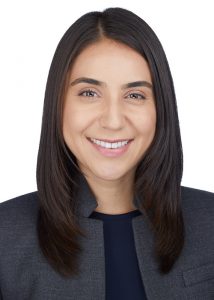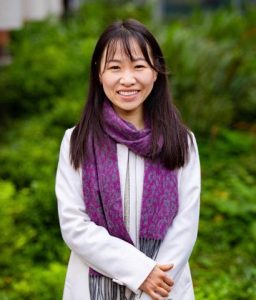A University of Washington research team led by Maggie Ramirez and Weichao Yuwen has been awarded a highly competitive NIH/NIA R01 grant to study the use of artificial intelligence in dementia caregiving support. With millions of Americans currently living with dementia symptoms and millions more expected in the coming decades, this project aims to ease the burden on families and redefine how evidence-based caregiving interventions can be delivered in the digital age.


Ramirez emphasized both the competitiveness of the proposal and the significance of its timing.
“Our R01 application received an impact score that placed it in the 6th percentile, which made it extraordinarily competitive,” Ramirez explained. “What makes our study stand out is that it addresses two of NIA’s top priorities: improving care for people living with Alzheimer’s disease and related dementias and advancing innovative AI and digital tools to transform dementia care.”
The study will build upon STAR-C, an evidence-based behavioral intervention designed to help caregivers manage the behavioral and psychological symptoms of dementia. Traditionally delivered through in-person coaching and more recently adapted to a virtual format, STAR-C has already shown promise in easing caregiver stress and improving quality of life for families.
This new project will integrate a Large Language Model (LLM)-based virtual assistant into STAR-C. The AI-driven chatbot will provide real-time support between coach check-ins, encourage engagement with e-learning modules, and deliver personalized reminders. The research team will conduct usability testing, fidelity evaluations, and in-depth interviews with caregivers to assess the tool’s usefulness.
The long-term goal is to create a scalable intervention that leverages technology to better meet the needs of caregivers—an urgent public health priority as cases of Alzheimer’s disease and related dementias are expected to nearly double in the United States by 2060.
For Ramirez, the award was both a professional milestone and a personal surprise.
“We were told that our application would remain under consideration for funding through FY26, so I had mentally prepared myself to wait another year,” she recalled. “Suddenly, there was a flurry of requests from NIA, and amid the scramble to fulfill them, the Notice of Award appeared in my inbox. I was in complete shock. This past summer, I was promoted to Associate Professor, and now I received my first R01 grant as PI/MPI. Being a UW professor with an independent program of research has been my dream since I was an undergraduate. That evening, I celebrated with my husband and our three children.”